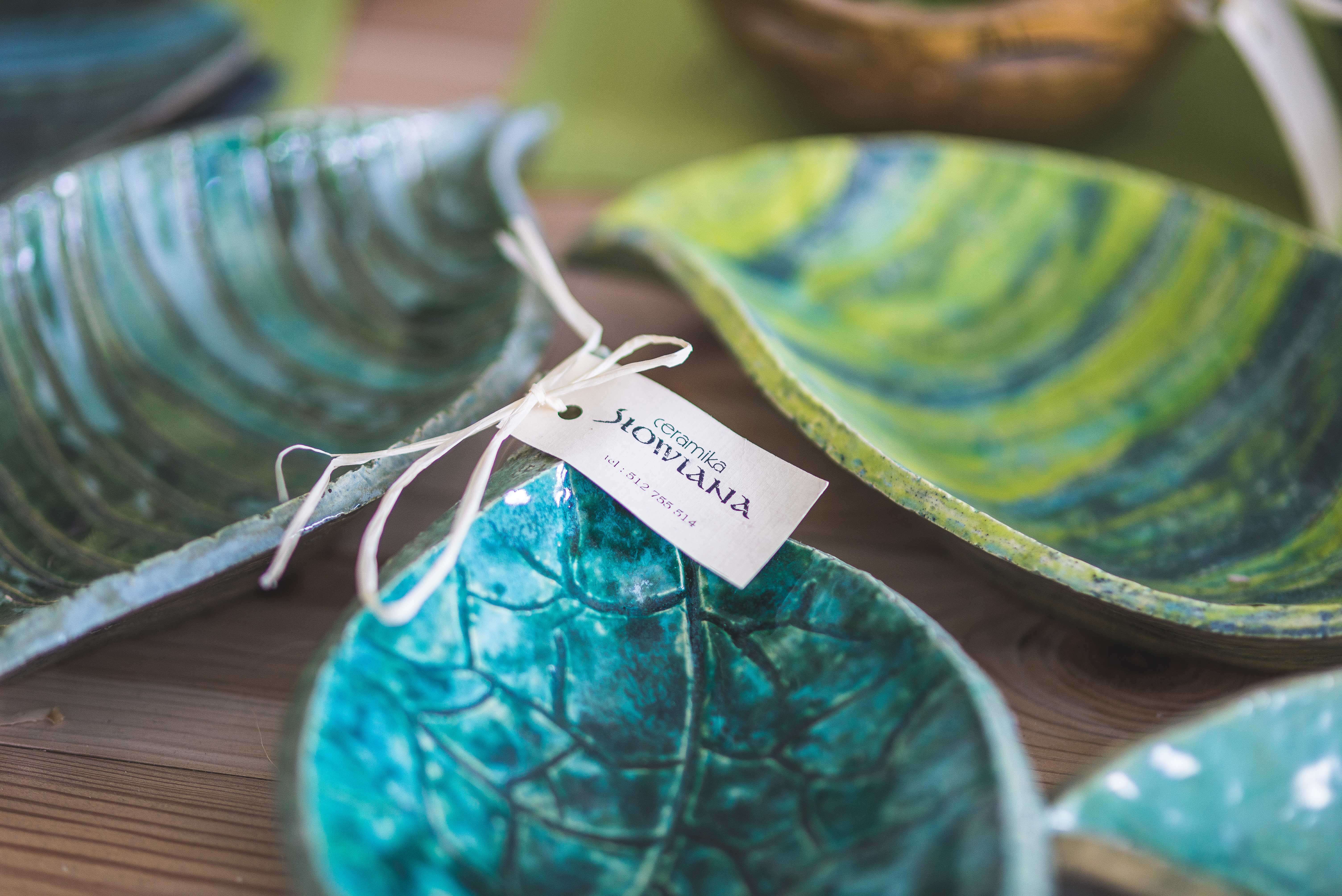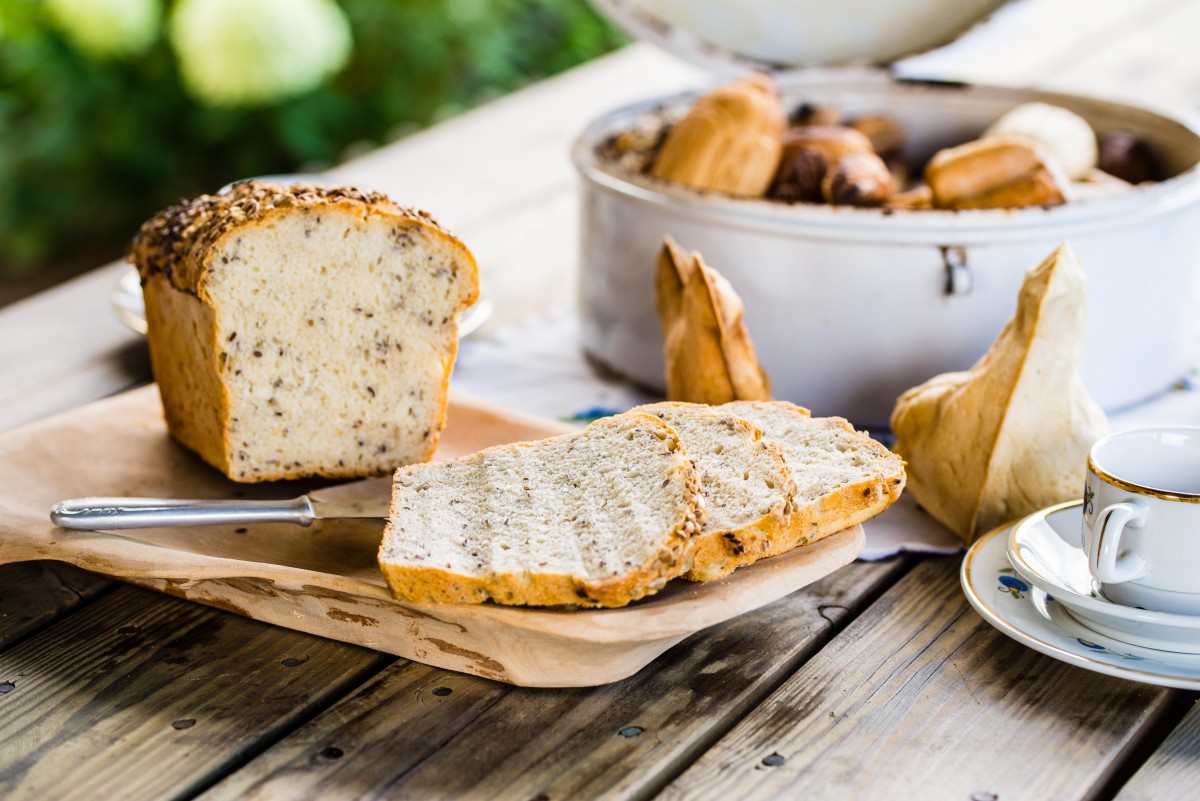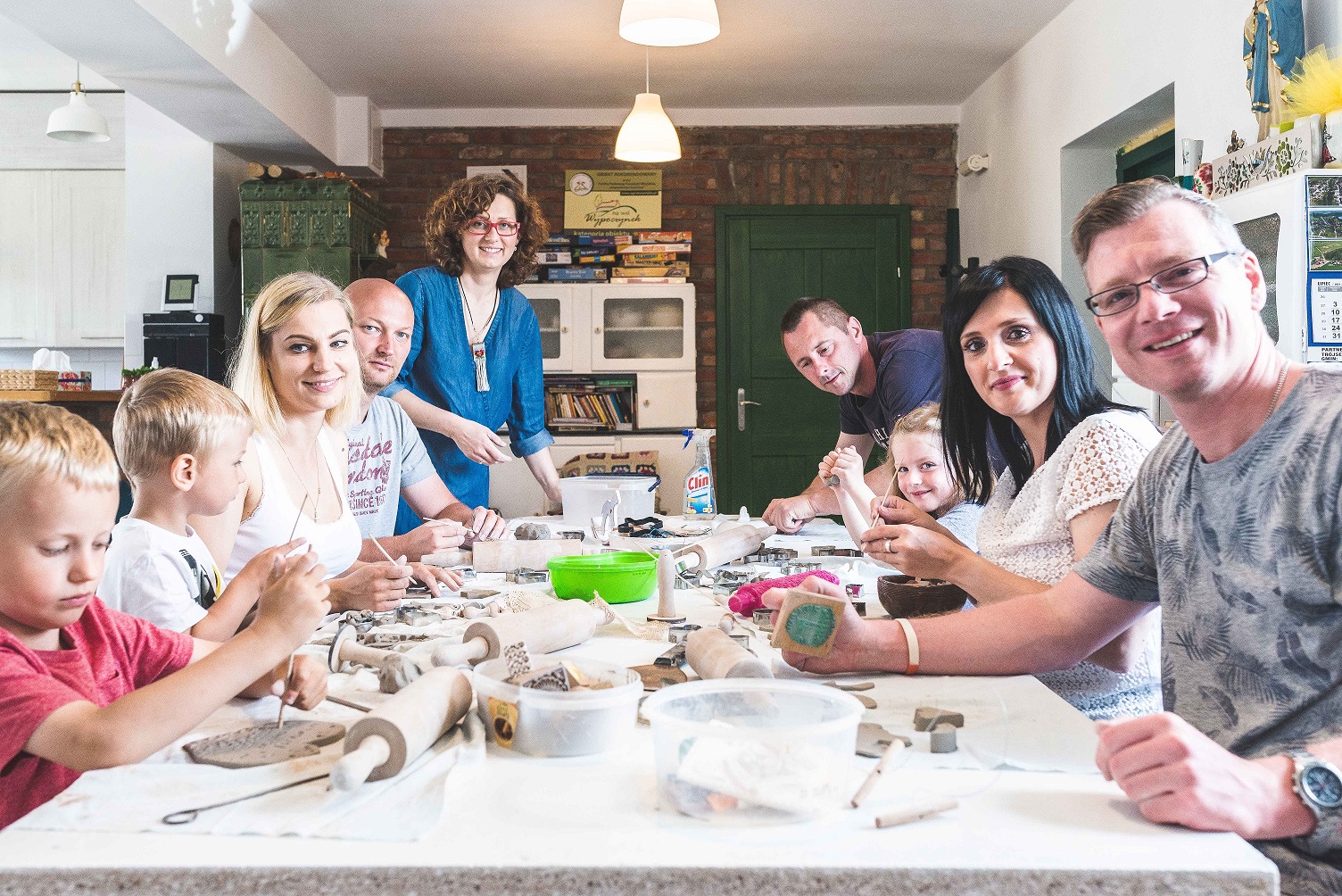Żuławy, the vast plain in the delta of Vistula river, is one of the most astonishing parts of Poland. It is home to the magnificent, historically and architecturally, “Mały Holender” (The Little Dutchman) arcaded house, located in a small town of Żelichowo. The Opitz family uses it to cultivate the tradition of Żuławy, inviting all who are in need of contact with nature and the uncanny culture of the region.
The arcaded house in Żelichowo got his name from the Small Dutchman guesthouse, which used to be quite popular in the neighbourhood. Today, the arcaded house “Mały Holender” is a location in which wedings, wokrshops, as well as lectures on the region’s history and culture take place.
Before World War II, Żelichowo used to be a large village with several dozen households. The greatest places of historical value are St. Nicolas Church, and the XVII-century cemetery of eleven villages, on which the Evangelicals and the Mennonites used to bury their relatives. Here, near Tuga river, and along the track of narrow-gauge railway, Mały Holender arcaded house proudly stands.




It represents classical architecture, with the building’s wooden skeleton and characteristic arcade extending before the main part of the building. It was moved to Żelichowo from the village of Jelonki, located some several dozen kilometers away. The place that it now occupies used to be premises of a Catholic parish. The nearby ruins confirm that. The process of moving the house from one place to another took several years, but since thorough documentation was available, it was possible not only to reconstruct the original look of the house, but also to use about 40% of the original construction materials.
The interior of the house has been reconstructed precisely as it used to look like 300 years ago. The inside includes a dim kitchen, large main room, bedroom, and parents’ room. Since in time, the house became occupied by two families, it was visible how the number of rooms had grown – says Marek Opitz, the owner. – Arcade was always an element of social prestige. Originally, part of such a house was used as granary, but then it turned out to be too small for its function. That’s when people began to build separate granaries. When a village became very rich, arcade houses were build to show off with wealth and good taste. The furnishing itself is simple, however there were houses in which furniture was high gloss.




“Mały Holender” is a meeting place. The Opitz family runs a business that combines tourism, hotel, and food industries. They organise various workshops, including ones on the history of the region.
One of the most popular culinary workshops are the ones inspired by the intertwining histories of Prussians, Slavs, Teutonic Knights, Mennonites, eastern settlers, and Ukrainians. The guests are treated to classical regional dishes, such as Konigsberger Klopse (meatballs) with Wortelstamp, the Mennonite puree, or Drewnica pierogi, a special treat of boaters who used to traverse waters of Żuławy. All meals are prepared in a bread stove or chimney of the arcaded house. If you feel up to it, you can participate in beer brewing workshop, or cheese making workshop, during which you will learn how to make the traditional, Mennonite-favourite Werderkaese cheese, based on the recipes from centuries-old recipe books. You will also have the chance to taste the traditional Mennonite juniper liqueur, produced since 1776 by the Stobbe family in Tiegenhof, currently known as Nowy Dwór Gdański.



“Mały Holender” arcaded house, together with the surrounding park, can be also rented out for different events. It is a great idea for a wedding, only 10 kilometers from the Baltic Sea coast, 25 kilometers from the famous Malbork castle, or 40 kilometers from the historical city of Gdańsk.

































